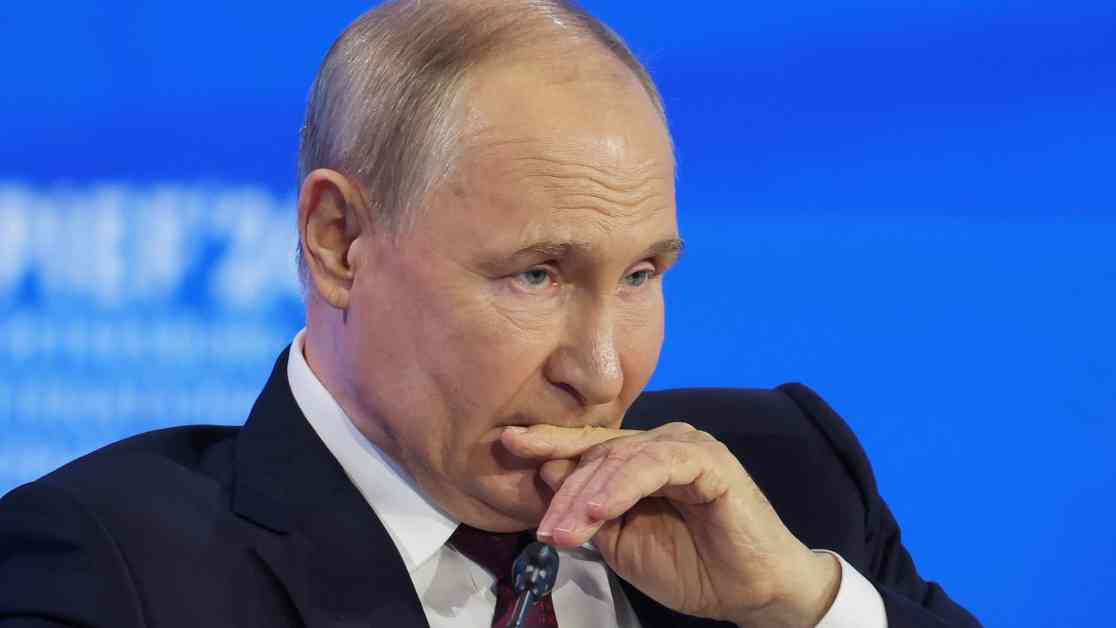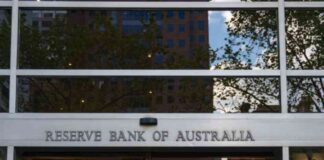Russia’s Nuclear Policy Shift Amid Rising Tensions with the West
Amid escalating tensions with the West over Ukraine, Russia has hinted at potential changes to its nuclear weapons policy. Deputy Foreign Minister Sergei Ryabkov announced that Russia is in the process of amending its nuclear doctrine, which outlines the circumstances under which nuclear weapons can be used. This comes in response to what Russia perceives as Western-backed aggression in the ongoing conflict with Ukraine.
Russia’s Accusations of Western Escalation
The conflict between Russia and Ukraine has been ongoing for several years, with Ukraine’s incursion into the Kursk border region of Russia being a recent flashpoint. Russia has accused the West of encouraging Ukraine’s cross-border raid, which has resulted in the seizure of nearly 500 square miles of Russian territory. Despite denials from Ukraine’s NATO allies, Russia maintains that the West is complicit in the escalation of the conflict.
In a statement to the Russian state media agency TASS, Ryabkov indicated that Russia is making adjustments to its nuclear doctrine in response to the perceived escalation by Western opponents. He noted that the changes are informed by recent conflicts and the evolving security landscape. While Ryabkov did not provide a timeline for finalizing the amendments, he emphasized the importance of ensuring national security in the face of external threats.
Conditions for the Use of Nuclear Weapons
Russia’s current nuclear doctrine allows for the use of nuclear weapons in response to the use of nuclear weapons or other weapons of mass destruction against Russia or its allies. Additionally, nuclear weapons could be deployed in the event of aggression against Russia using conventional weapons when the state’s very existence is threatened. The doctrine also outlines scenarios such as the launch of ballistic missiles targeting Russian territory or attacks on critical state or military facilities as potential triggers for nuclear escalation.
Despite the readiness to use nuclear weapons in certain circumstances, Russia has historically described its nuclear doctrine as defensive in nature. The country has emphasized the role of nuclear weapons as a deterrent and a last resort measure to protect its sovereignty and territorial integrity. However, recent developments in the conflict with Ukraine have raised concerns about the potential use of nuclear weapons in response to threats to Russian territory.
Potential Changes to Nuclear Policy
Russian officials, including President Vladimir Putin, have signaled a willingness to revise the conditions under which nuclear weapons could be used. Putin has described Russia’s nuclear doctrine as a “living instrument” that can be adapted to changing security challenges. While reaffirming that nuclear weapons would only be used in exceptional circumstances, Putin has acknowledged the possibility of updating the doctrine to reflect current threats and developments.
The urgency of the situation in Ukraine has prompted Russia to consider potential changes to its nuclear policy. The incursion by Ukrainian forces into Russian territory has highlighted vulnerabilities in Russia’s defenses and raised questions about the country’s response to such provocations. As tensions escalate, Russia appears to be preparing its domestic and global audience for a potential shift in its stance on the use of nuclear weapons.
Implications of Nuclear Saber-Rattling
Despite the rhetoric surrounding potential changes to Russia’s nuclear policy, analysts caution against overinterpreting these statements. The Institute for the Study of War notes that Russian officials have engaged in saber-rattling to deter Western support for Ukraine and to influence the broader geopolitical landscape. While Ryabkov’s comments suggest a willingness to adjust the nuclear doctrine, the specifics of these changes remain unclear.
The use of tactical nuclear weapons in Ukraine or in other conflicts is deemed highly unlikely by analysts, who emphasize the risks and consequences of nuclear escalation. While Russia has demonstrated its willingness to deploy such weapons in military exercises and drills, the actual use of nuclear weapons remains a remote possibility. The focus on nuclear deterrence and strategic defense underscores Russia’s commitment to maintaining stability and preventing conflicts from escalating to a nuclear level.
Subheadings:
Russia’s Nuclear Policy Shift Amid Rising Tensions with the West
Russia’s Accusations of Western Escalation
Conditions for the Use of Nuclear Weapons
Potential Changes to Nuclear Policy
Implications of Nuclear Saber-Rattling
In conclusion, Russia’s evolving nuclear policy reflects the complex dynamics of the ongoing conflict with Ukraine and the broader geopolitical rivalry with the West. While the threat of nuclear escalation looms large, the emphasis on deterrence and strategic defense underscores the importance of maintaining stability and preventing conflicts from spiraling out of control. As Russia navigates the challenges of a changing security landscape, the implications of its nuclear policy decisions will reverberate far beyond its borders.

















